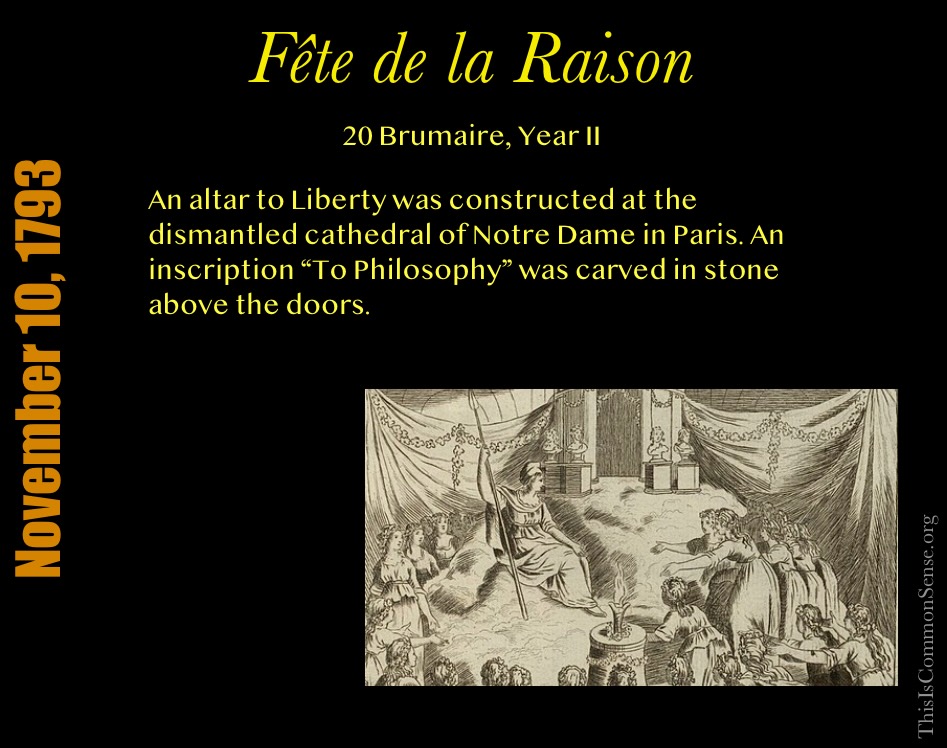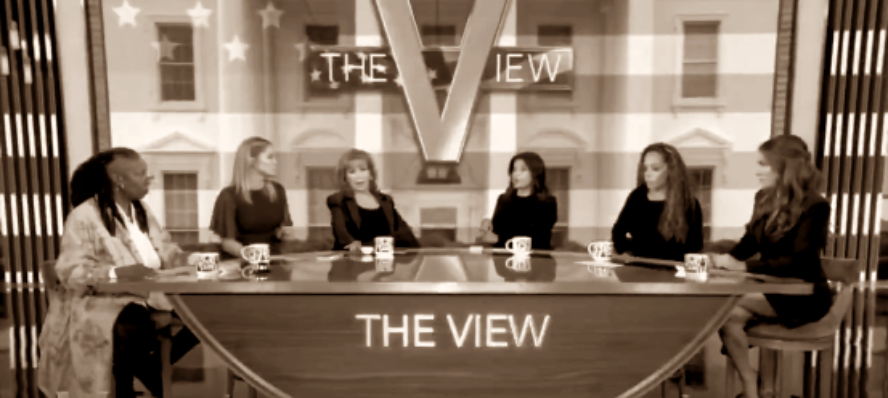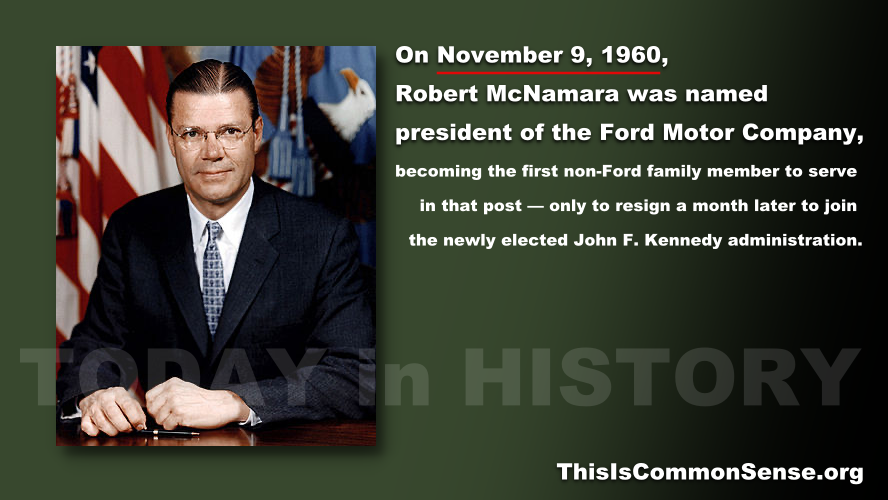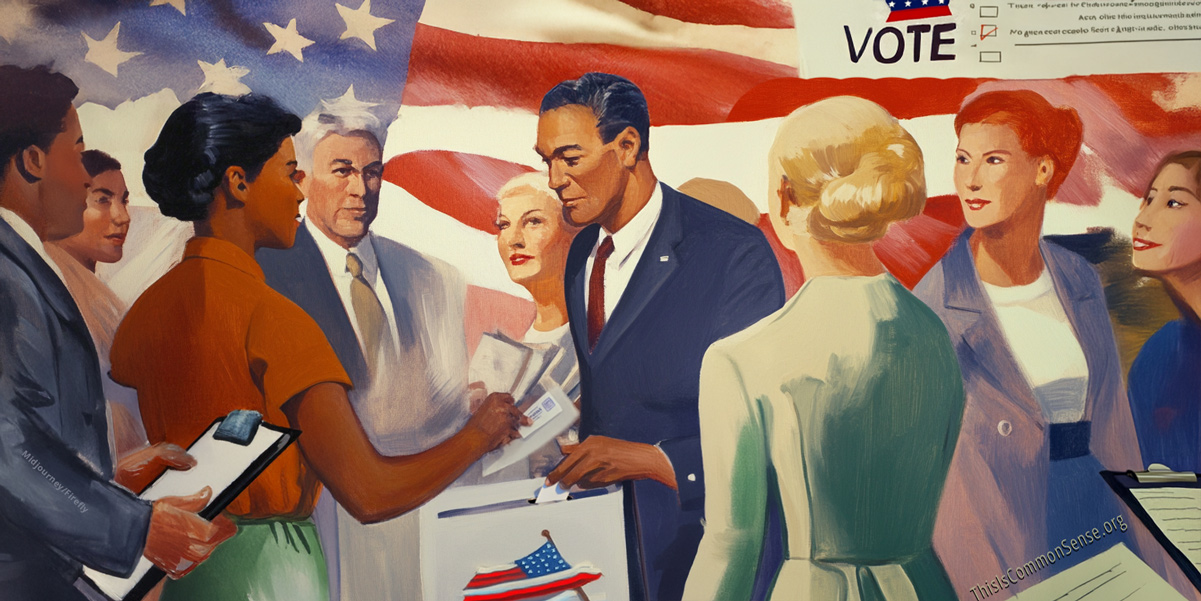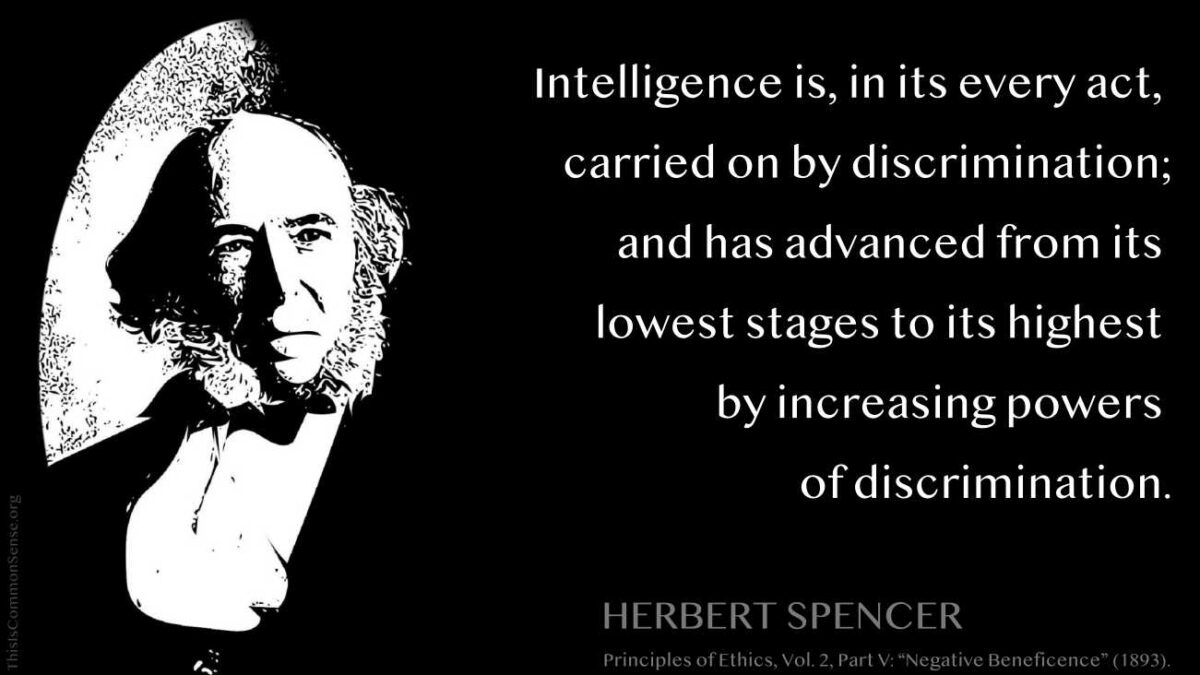In 2016, when Donald John Trump won the presidency in a squeaker election, major news media and the Deep State worked together to censor online and free speech in a big way, culminating in the election of Joseph Robinette Biden, Jr., in 2020. Now, in November 2024, with many millions fewer voting than for Biden, Trump wins handily, taking the swing states and achieving what looks like a popular vote majority.
So what are major news media mavens doing?
Complaining about a lack of censorship!
Well, some are. Specifically, as said on The View, “It would help if we could regulate social media, because one of the biggest offenders is D.C. and Congress have not been able to do one thing in regard to the rogue corporations of social media,” meaning, mainly but not exclusively, ex-Twitter/X.
There are many such laments out there. Just remember the Constitution of the United States, though:
Congress shall make no law respecting an establishment of religion, or prohibiting the free exercise thereof; or abridging the freedom of speech, or of the press; or the right of the people peaceably to assemble, and to petition the Government for a redress of grievances.
First Amendment, approved by Congress along with other amendments and submitted to the states for their ratification on September 25, 1789; ratified December 15, 1791.
Paul Jacob has covered online censorship extensively. Here are just a very few examples:
“Say No to Reich-Harris Reich,” September 6, 2024
“Censors Cancelled,” July 6, 2023
“Invitation to a Beheading,” March 13, 2023
“Buzz-Sawing the Conservatives Treehouse,” November 17, 2020
